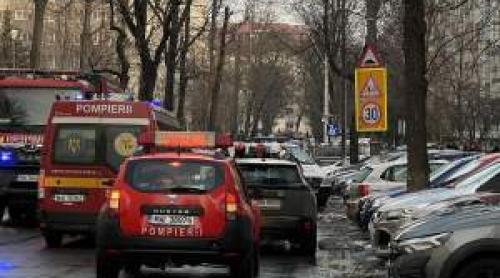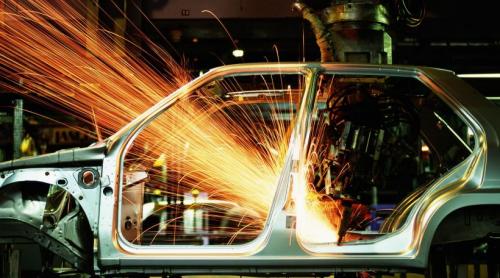
For the seven years passed in the accession process to the European Union, Romanians started to believe that things would change for the better...
For the seven years passed in the accession process to the European Union, Romanians started to believe that things would change for the better, in spite of the fact that in the absence of a well-tuned free market economy the development of their country would go in stop-and-go motions.
We all prided ourselves these past years with economic growth rates of 6 to 8 percent, though we knew that not any GDP growth would do, but only the one based on a restructured economy, competitiveness and market demand. That was what Romania needed in order to count not only GDP growth figures, but also true wealth to be spread amongst its people.
Nevertheless, an economic growth rate spanning over seven years was a sign of success. Still, this fueled the very funny idea that it was redundant to restructure the economy and that the transition period from a planned to a market driven economy was over.
The price to pay, however, was pretty steep: foreign debts accumulated while importing consumer and industrial goods, instead of producing them domestically.
And the need for economic growth based on a restructured economy was forgotten, hence the GDP growth recorded higher consumption rates instead of higher productivity and competitivity rates.
The higher consumption was there for all to see, as shopping malls were under the siege of shoppers and streets crowded with luxury cars. Few thought about the fact that this was an illusion of prosperity based on the illusion that non-performing companies really had a market.
The longer the delay to restructuring, the more justified it seemed for non-performing companies to get publicly funded credits, keep their personnel and their over-sized management structures. And the longer it took to the realization that reforms could not be postponed indefinitely.
The skies above our transition economy was sunny, nevertheless, and this kept the good mood over its performance.
But stormy weather lied ahead as we stepped into our first year of EU membership. Clouds gathered in the summer of 2007 from the financial markets in the United States, advancing towards west European economies, and then further east.
It was only a matter of time till Romania's economy would share the burden with seeing capital investments fleeing its market.
All of a sudden, it turned all into a gloom and doom for analysts, who warned that Romania would go into deep economic crisis, with the national currency, the leu, plunging against the hard currencies, with prices going up and the GDP stalling its growth.
But let us ponder for a while: if the money supply would grow, while inflation would drop and productivity would rise, than all it would be for the better. But it ain't that way. And this is bad.
Gone are the years of high inflation rates. Now the leu goes stronger and stronger.
On the other hand, however, while statistics averages show income is on the rise, the truth of the matter is that for a great part of the population the income stays low, as it is trapped into eating a lot of bread instead of a diverse diet, while bread prices are on the rise.
Still, a seizable part of the population is able to grow the consumption rate, which in turn triggers the development of a market oriented economy. The consumer takes on a new and dynamic role, to whose needs the producers now have to cater. However, the consumption driven economic growth missed the chance of fueling production and productivity rates, based as it is on imports, which show in higher GDP figures.
So, Romania's economy indeed has problems, but they are still far from triggering an economic crisis. The positive developments of the past 18 years since the regime change set the stage for building up new institutions, in tune with a market economy integrated in the world economy; the inflation dropped and economic shrinkage turned into economic growth. The areas of the population stricken by poverty diminished and in came the new dawn of economic stability and changed economic behavior of both employers and employees.
Translated by Anca Păduraru
















